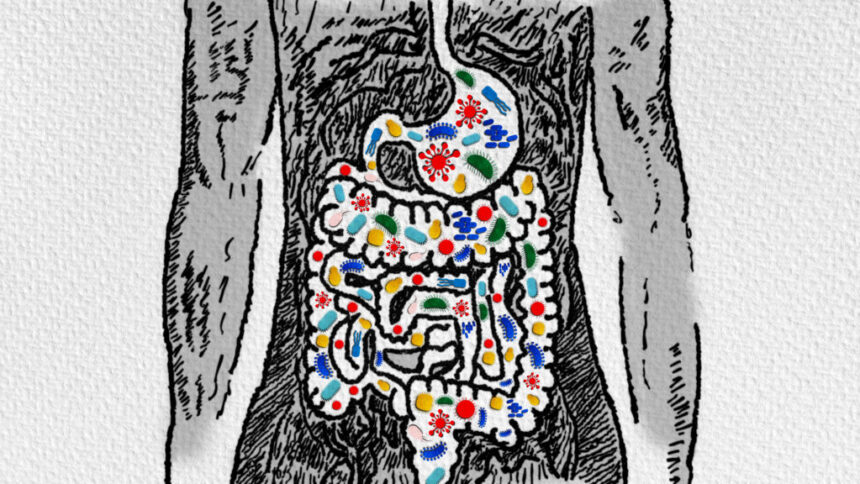The microbiome plays a significant role in shaping health outcomes, including the development of diseases such as neurodegenerative disorders. However, microbiome research is facing a reproducibility crisis, with factors like diet, exercise, and now circadian rhythms impacting the composition of bacteria in the body. Researchers have found that the time of day at which experiments are conducted can significantly affect microbiome composition. This impact is as significant as diet, suggesting the need for researchers to consider circadian rhythms in their studies. This poses challenges for conducting human microbiome research and highlights the importance of incorporating time into experimental design.
Source link
Microbiome composition in mice varies based on sampling time: study
